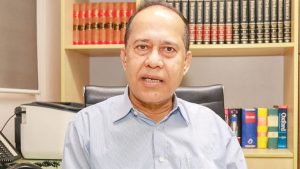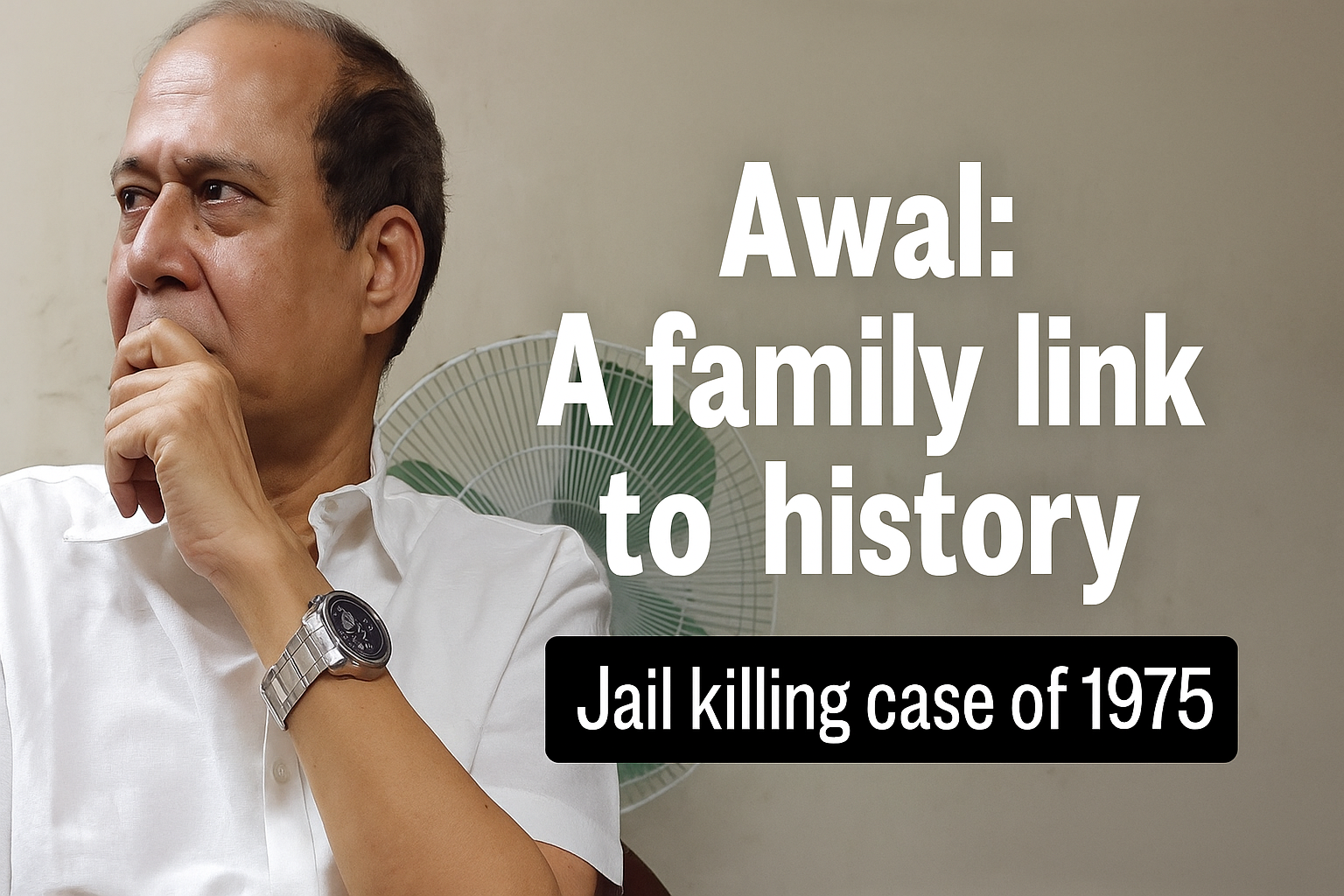Kazi Habibul Awal, the 13th Chief Election Commissioner (CEC) of Bangladesh, carries a family legacy deeply entangled with the nation’s tumultuous political history.
His father, Kazi Abdul Awal, was the Deputy Inspector General (DIG) of Prisons during the infamous 1975 jail killings, a defining moment in post-independence Bangladesh.
On November 3 of that year, four key leaders of the wartime Mujibnagar government– Syed Nazrul Islam, Tajuddin Ahmad, A.H.M. Qamaruzzaman, and Captain Mansur Ali– were murdered inside Dhaka Central Jail, just months after the assassination of Bangabandhu Sheikh Mujibur Rahman.
Kazi Abdul Awal, then the top prison official on duty, filed the first information report (FIR) with Lalbagh police station and later became the chief plaintiff in the historic jail killing case, which was revived after the Awami League returned to power in 1996.
Following in his father’s footsteps of state service, Kazi Habibul Awal built a long and prominent civil career before assuming the politically sensitive post of CEC.
A seasoned bureaucrat, he served as Secretary and later Senior Secretary in the Ministry of Law, Justice and Parliamentary Affairs. He also held key roles in the Ministry of Defence and other legislative wings of the government. Known for his procedural discipline and legalistic approach, Awal was often seen as a technocrat navigating the charged intersection of law and politics.

His tenure as CEC, beginning February 27, 2022, became increasingly fraught with controversy, culminating in the 2024 general elections.
Marked by widespread boycotts, voter suppression, and allegations of large-scale rigging, the polls drew condemnation from civil society and international observers alike. Awal resigned on September 5, 2024, just weeks after the Awami League government was ousted following the July uprising, amidst accusations of complicity in undermining electoral integrity.
On Wednesday, Awal was arrested by the Detective Branch (DB) of Dhaka Metropolitan Police from the capital’s Moghbazar area, police sources confirmed.
According to DB officials, his detention is linked to a case filed by the Bangladesh Nationalist Party (BNP) at Sher-e-Bangla Nagar police station. The complaint names 24 individuals, including three former CECs, accusing them of orchestrating fraudulent elections and suppressing opposition movements during their respective tenures.
The list of accused includes former Prime Minister Sheikh Hasina, ex-Home Minister Asaduzzaman Khan, and several former chiefs of police and intelligence agencies. Among the election officials named are Kazi Habibul Awal (2024), KM Nurul Huda (2018), Kazi Rakibuddin Ahmed (2014) and others such as Rafiqul Islam, Kabita Khanam, and Brigadier General (retd) Shahadat Hossain Chowdhury.
Awal’s arrest follows the earlier detention of his predecessor, K. M. Nurul Huda, and signals what legal analysts describe as a broader institutional reckoning under the current interim administration. As part of a push to restore public trust in democratic processes, the government appears determined to hold senior officials accountable for past abuses of power, especially in relation to electoral manipulation.


